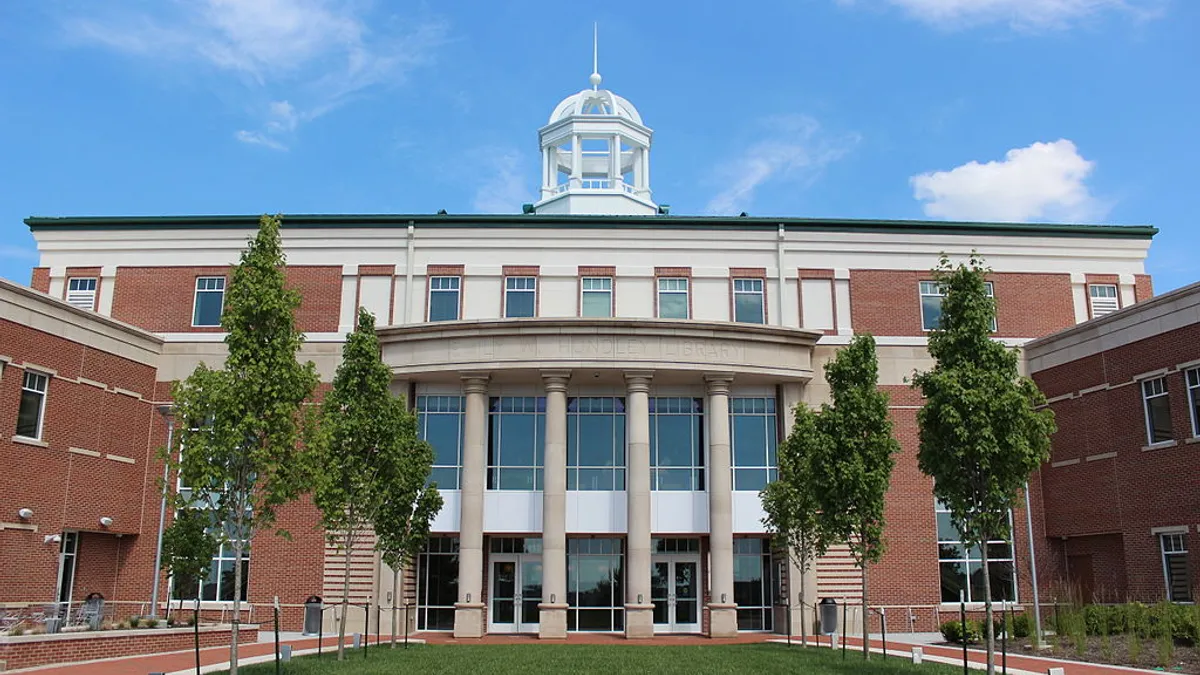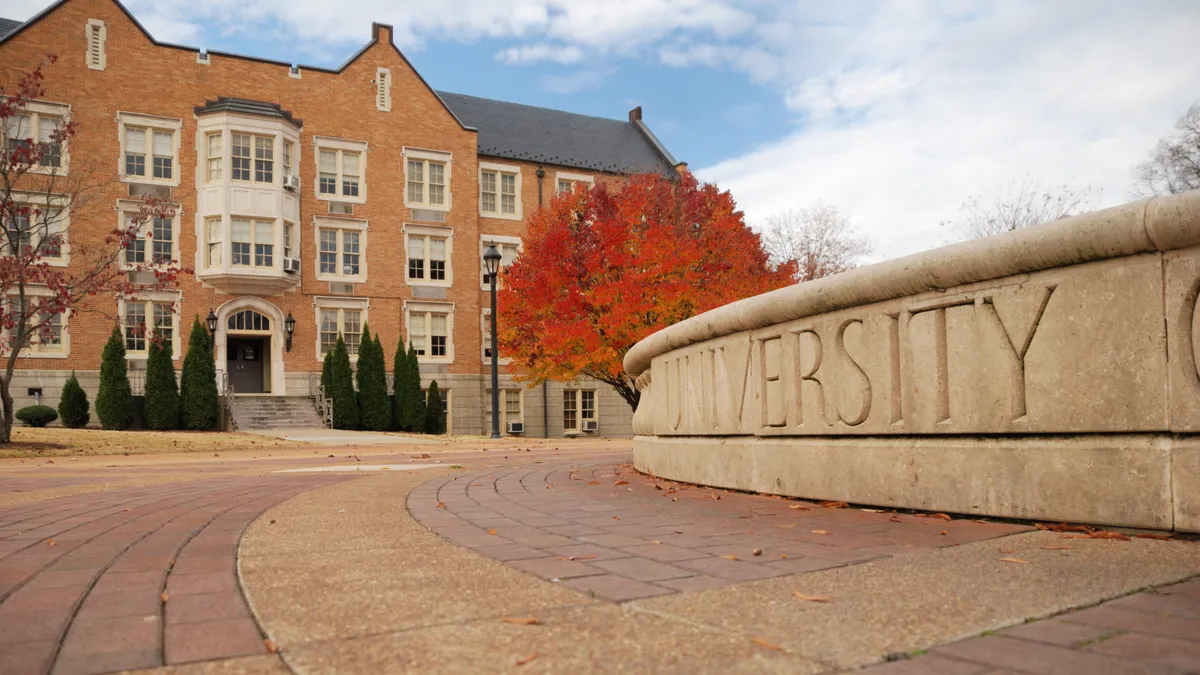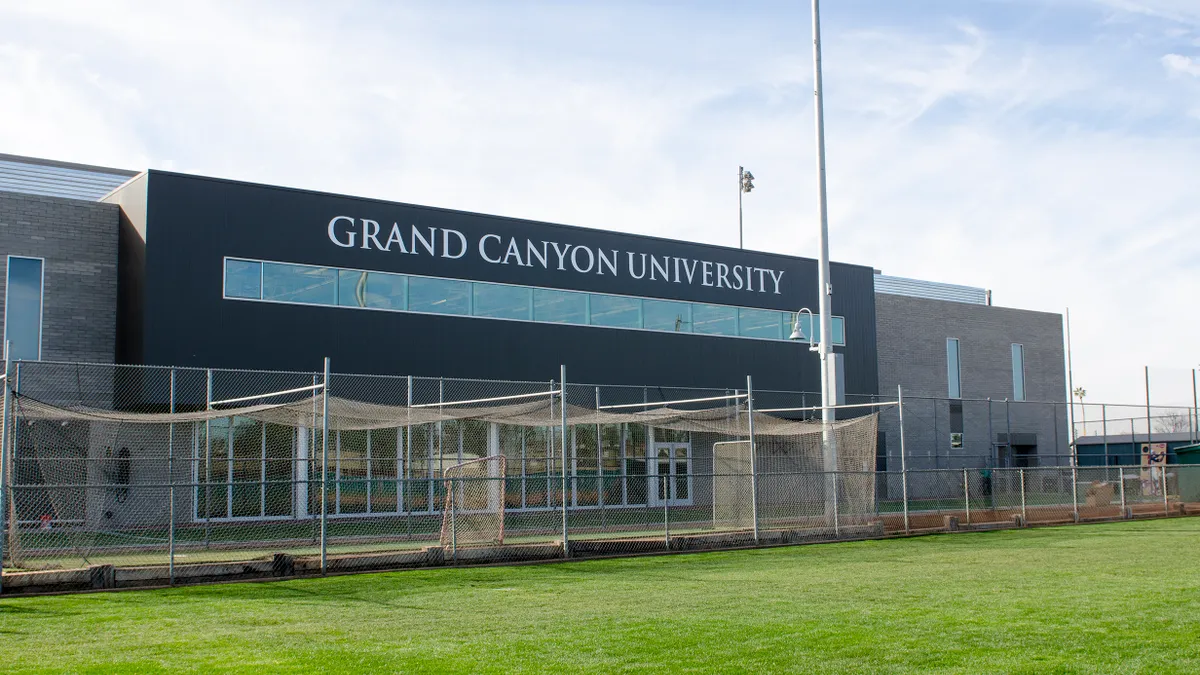Dive Brief:
- Though higher educational institutions are often considered antiquated and intractable, colleges and universities have always been spaces of transition and transformation over decades and centuries, with constant debates about higher ed’s purpose, according to Inside Higher Ed.
- College has always been a means for upward mobility, but higher ed institutions must work to ensure that they are adequately providing that chance to more students from previously underrepresented groups, as well as serving the increasing number of non-traditional students.
- Pedagogical approaches have also changed over time, from a “transmission” model that assumed all students must learn all the same information at the same time, to a new approach in which technological advances are demanding a experiential, individual approach.
Dive Insight:
In light of the many technological advancements, including the preponderance of online/distance learning, many students and educators are questioning the validity and necessity of a traditional campus-based college education, with some supporters urging colleges to lean into the things about those institutions that could not be replicated in a digital space. However, these shifts are coming at a time when the pedagogy of colleges and universities are quickly transforming into a much more personalized and individualistic approach that can meet each student’s needs.
While this is a positive development for those students/consumers, it can come at the expense of the traditional stability of a uniform curriculum and approach. Colleges and universities are being forced to upend and question established norms in order to continue to be vital to the growing collection of non-traditional students; while this may be beneficial in the long-term for those institutions, in the immediate it can create new anxieties of school staff.












